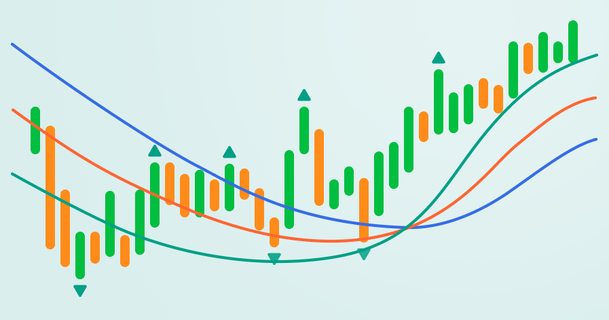
Bill Williams is the creator of some of the most popular market indicators: Awesome Oscillator, Fractals, Alligator, and Gator.

Don’t waste your time – keep track of how NFP affects the US dollar!
Data Collection Notice
We maintain a record of your data to run this website. By clicking the button, you agree to our Privacy Policy.

Beginner Forex Book
Your ultimate guide through the world of trading.
Check Your Inbox!
In our email, you will find the Forex 101 book. Just tap the button to get it!
Risk warning: ᏟᖴᎠs are complex instruments and come with a high risk of losing money rapidly due to leverage.
68.53% of retail investor accounts lose money when trading ᏟᖴᎠs with this provider.
You should consider whether you understand how ᏟᖴᎠs work and whether you can afford to take the high risk of losing your money.
2022-12-22 • Updated
Information is not investment advice
A commodity is an essential good or raw material people use to meet their vital needs and produce more complex goods. In other words, commodities are the building blocks of the global economy as they are used to create products people rely on in their everyday lives. The most commonly used commodities are oil, gas, wheat, corn, cotton, gold, silver, copper, aluminum, coffee.
What separates commodities from other goods is that they are mostly standardized. It means that two equivalent units of the same commodity will be identical, no matter where they are produced.
Commodity trading has several advantages compared to trading stock, crypto, or Forex markets.
Commodities are highly volatile. This is an advantage for traders because there are plenty of everyday trading opportunities. It is possible to trade commodities in both directions, earning on both asset growth and downward price movement. Therefore, this type of asset is the most popular among scalpers and day traders.
Another reason why you might decide to trade commodities is the possibility of trading them as a part of a hedging strategy against the traditional stock markets. Commodities are fundamental for the global economy. Therefore, the changes in their prices are significant in times of growing tension. In times of crisis, when investors turn away from risk-on assets such as stocks and crypto, commodities gain the highest volatility.
For example, when stock markets are down because of economic or geopolitical fears, traders and investors turn their eyes to the gold market, hedging against the stock market's downfall.
On the other hand, when the stock markets are about to recover, gold will suffer, as capital will move into equities. That's why gold was one of the best-performing asset classes during the 2008 financial crisis.
When attempting to profit from short-term price fluctuations, much of the focus goes to technical analysis. You will require great skills in technical chart analysis, which can take a significant amount of time to master.
However, the prices of commodities like gold, oil, and natural gas are often dictated by external factors that are much easier to evaluate.
For example, increased tensions in Ukraine at the end of February 2022 forced traders to turn to the metals market as they wanted to hedge against a possible collapse in stocks and cryptocurrencies. As a result, XAUUSD (gold) gained 8% within one week due to increased demand, which pushed the prices up.
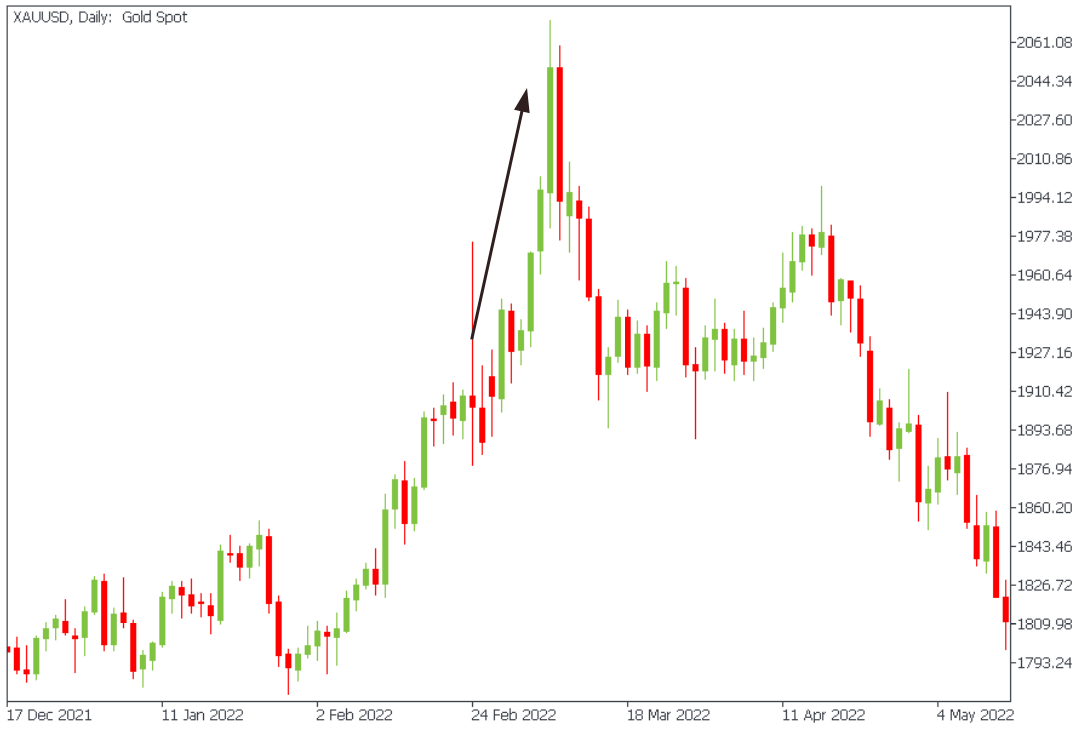
So, even if you are only just learn to trade commodities online, you can give yourself the best chance of predicting some market trends simply by following the international news.
When trading commodities, you can use "leverage" to gain control over a larger amount of money with just a small deposit. It i's an advantage because it can potentially increase your gains. On the other hand, leverage can also magnify your losses, so it's important to use proper risk management and Stop Loss orders to limit the odds of losing money.
Commodities are often classified as either "hard" or "soft." Hard commodities are generally natural resources mined or extracted from the ground. Examples include gold, copper, and oil. Soft commodities are agricultural products or livestock grown or raised on a farm. Examples include sugar, cotton, and wheat.
However, traders usually divide commodities into three main categories: metals, energies, and agriculture. Let's take a look at each of these categories.
Metal commodities are commonly used in manufacturing and construction. Some precious metals, such as gold and silver, are also used in jewelry and for investment purposes.
Examples of metal commodities include:
Energy commodities play a crucial role in the global economy. Without energy sources, people would be unable to use transport, produce goods, heat their houses, or cook meals.
Examples of energy commodities include:
Agricultural commodities are crops grown on farmlands and products derived from farm animals. Most agricultural commodities are used to produce food. However, some of them, for example, cotton, can be used in industries.
Examples of agricultural commodities include:
In its most basic form, commodity prices fluctuations are based on demand and supply ratio.
If the global demand is higher than the supply, the price will rise. In the reverse situation, the price will fall.
However, in order to determine what drives demand and supply, you need to have deeper understanding of the fundamentals influencing geopolitical and economic factors.
Key drivers of commodity supply include:
Example:
The Organization of the Petroleum Exporting Countries (OPEC) controls 2/3 of global oil reserves. Thus, it can have a great effect on oil prices. If OPEC wishes to increase global oil prices, it can collectively agree to reduce production. On the other hand, it can collectively agree to increase output levels to pull the prices down.
On Monday, September 5, OPEC decided to cut oil production by 100 000 barrels per day. As a result, Brent (XBRUSD) lost 9% by the end of Wednesday’s trading session.
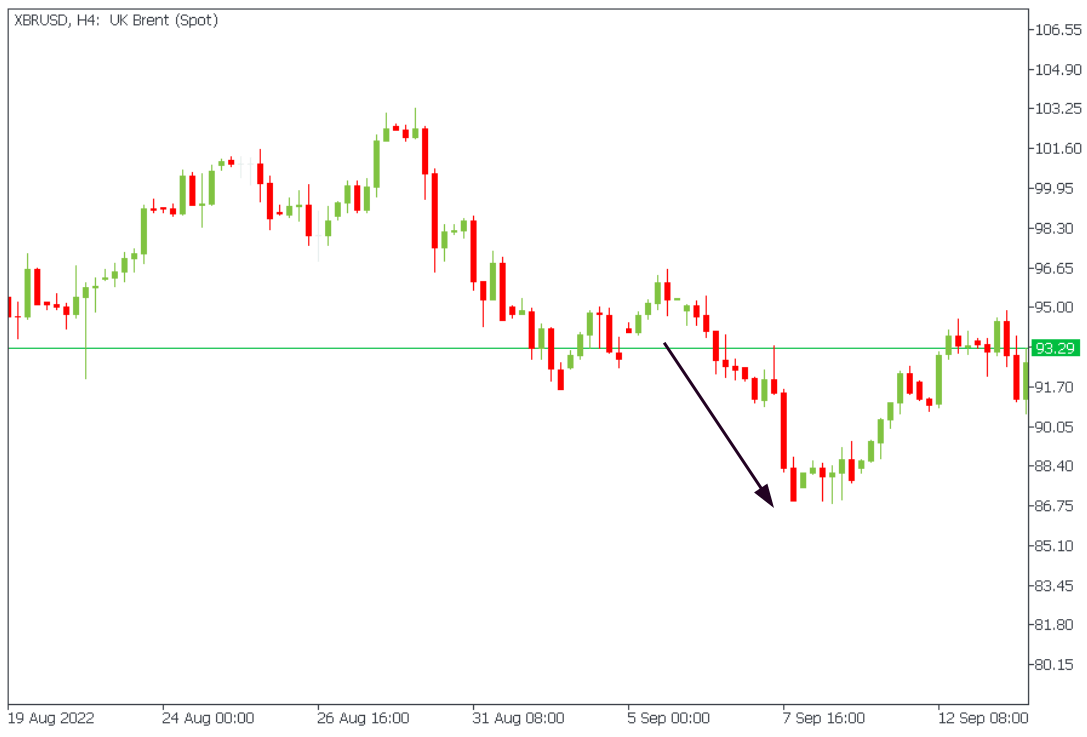
Key drivers of commodity demand include:
Example:
Oil prices fell by more than $4 a barrel on August 15 on demand fears as disappointing Chinese macroeconomic data renewed global recession concerns. China is the largest oil consumer in the world. Thus, a slowdown in Chinese economy drops the oil demand as the country needs less energy due to the production slowdown.
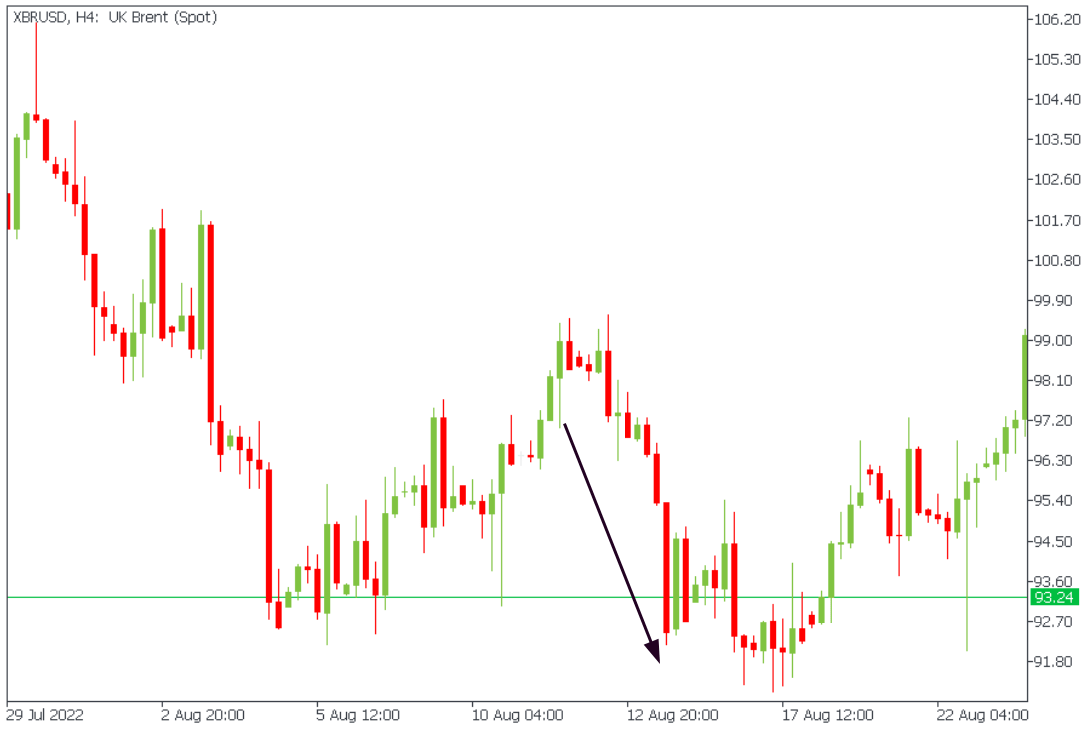
You can attempt to predict future commodity price movements by following relevant news surrounding your preferred asset.
There are many ways to trade commodities. However, one of the easiest ways is using Contracts For Difference (CFDs). CFDs are financial instruments that offer traders and investors the opportunity to profit from the price movements of a security without actually owning the underlying security.
Trading commodities through CFDs has several advantages:
If you want to learn trading commodities right now – follow the simple 6 -steps outlined below:
Any form of investing or trading involves risks, and commodity trading is no different. Two of the main risks to be aware of with commodity trading are:
There're multiple reasons why gold is the best commodity to trade. First and foremost, in terms of trading volume, gold attracts significantly more action than any other commodity.
Moreover, gold price reacts to different kinds of events, from monetary policy reports to military conflicts. Therefore, price volatility offers traders many trading opportunities.
Oil is commodity is used in largest volumes globally, so it is only logical that it is a great asset class to trade.
As mentioned, oil prices are determined by demand and supply, which OPEC usually manipulates.
However, rising tensions in the Middle East or economic sanctions on major oil-producing countries like Russia and Iran can increase oil price volatility.
Just like oil, natural gas is one of the most volatile commodities to trade. Moreover, natural gas prices are also dictated mainly by geopolitical events. With many western governments announcing that they will ban or reduce natural gas imports from Russia due to its invasion of Ukraine, this commodity has since seen a significant pricing rally.
Commodity prices are impacted by supply and demand. Supply can be affected by government policies, geopolitical events, and the weather. Demand can be affected by the health of the economy, growth in emerging markets, consumer trends, manufacturing trends, and the strength of the US dollar.
The commodity market is one of the favorites among forex traders as the price’s volatility offers many trading opportunities from day to day. To improve results in the commodity market, a trader needs to follow the news and be aware of the overall macroeconomic sentiment.
However, the high volatility of these instruments might be dangerous for newbies. Therefore, traders should always follow risk management and use stop-loss orders in every trade.
Questions about commodity trading
Commodities are available to trade 24/5, opening on 00:00 GMT+3 on Monday, and closing at 00:00 GMT+3 on Saturday.
To trade oil and gas online, you need to open an account with a reliable and licensed broker such as FBS. Then go to MetaTrader 5 or the FBS Trader app and find the energies you want to trade: Brent (XBRUSD), WTI (XTIUSD), or gas (XNGUSD). You can trade energy commodities in both directions. For example, if you think Brent spot price will rise, open a long (buy) position. If you think it will fall, open a short (sell) position.
With FBS, you can trade crude oil and natural gas on favorable terms—zero commission, competitive spreads, and 1:200 leverage. Open a Standard or Cent account to try crude oil trading!
If you would like to learn trading commodities right now – follow the simple 6-steps:
With FBS, you can trade commodities using a web trader, MetaTrader 4, MetaTrader 5, and FBS trader mobile app. Pick the best platform that fits your preferences and install it on your device.

Bill Williams is the creator of some of the most popular market indicators: Awesome Oscillator, Fractals, Alligator, and Gator.
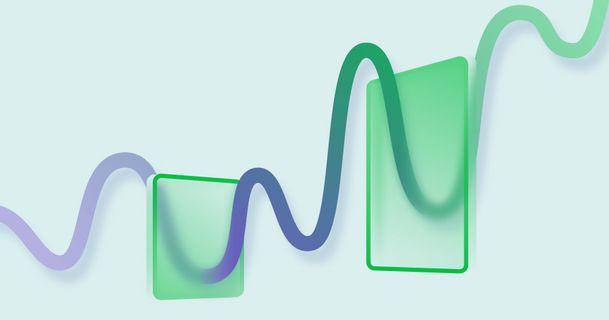
Trend strategies are good - they may give significantly good results in any time frame and with any assets. The main idea of the ADX Trend-Based strategy is to try to catch the beginning of the trend.
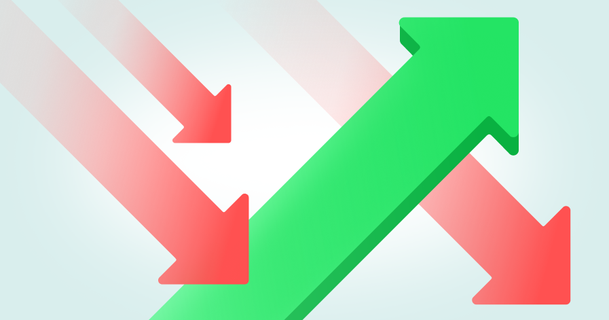
Counter-trend strategies are always the most dangerous but also the most profitable. We are pleased to present an excellent counter-trend strategy for working in any market and with any assets.
Your request is accepted.
We will call you at the time interval that you chose
Next callback request for this phone number will be available in 00:30:00
If you have an urgent issue please contact us via
Live chat
Internal error. Please try again later